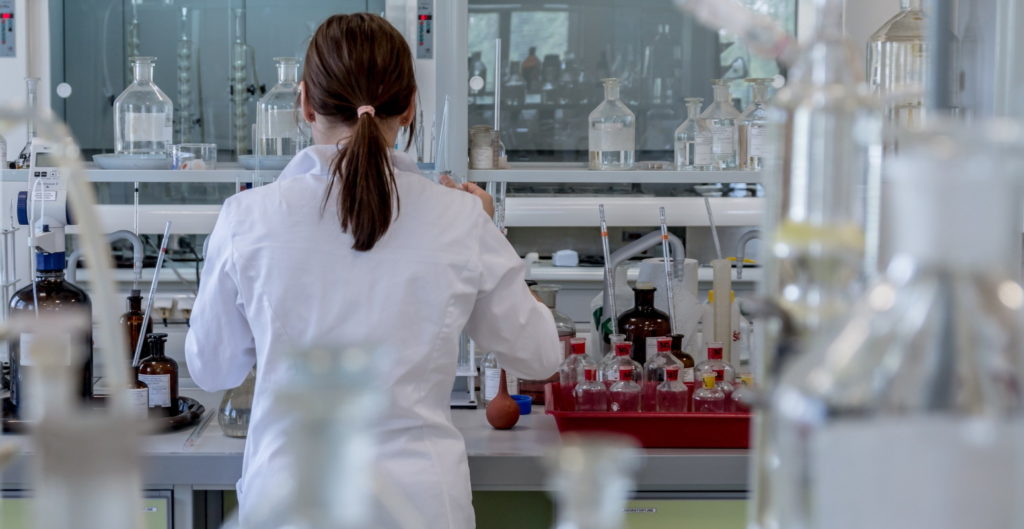COVID-19 brought down the markets, the life styles, and the traditional modalities of education, of social communication and of work. At the same time, some industries had to reduce or even stop their activity, in contrast to the health ecosystem that is having a great activity, offering a superhuman effort. The coronavirus caused the reduction of staff due to the prevention measures that include the stay-at-home order under lockdown.
Verifarma, is committed to the safety of patients, it offers technological services to more than two thousand companies of this industry throughout the world. Rodrigo López Martínez, COO of Verifarma shares how the company is carrying out its global operation with the purpose of supporting the customers within this context.
How did the pandemic affect the company’s operation?
We have the advantage of belonging to a technological industry, with a limited impact in productivity thanks to the possibility of performing the work remotely. Our skills and 7×24 customer service globally since more than ten years, allowed us in addition to have an almost transparent adaptation without the need of making great changes.
The biggest challenge that we are taking is to support our customers to make things as easy as possible for them. They supply products and render essential services, and within this context, in most cases, their demand of work was doubled or tripled with less operational staff. For example, those customers who have vaccination centers or somehow assist persons with chronic and urgent health needs, must take care of the supplies and guarantee the patients care, among other issues. They really go to great lengths, priorities have been modified and they are taking turns to ensure physical presence. In this sense, nowadays our role is more than ever to support them, to help them in their priorities and ensure the quality of the medicines that reach the patients.
 How are services provided at present?
How are services provided at present?
In-company training courses, were made available online so that they may be taken on demand. Some projects were postponed to give space to the current overdemand. At the same time, in some cases the serialization of medicines that ought to be available faster had to be accelerated. BDEV Verifarma’s team has worked on this issue after business hours to be able to meet the needs of customers and support them.
As regards support, the customer service level is maintained exactly as usual, inclusive considering holidays and time zones differences. At present we receive phone calls from more than two thousand companies from North and South America, Europe, Africa and Asia which we answer in three languages: English, Spanish and Portuguese. This has to do with the company’s soundness that in these cases turns to be essential for customers.
How do you see the impact of lockdown for the work team?
Aside from the fact that almost all the staff is used to remote work, it is the first time that we are all together working under this modality. Hence, the company organized a series of training courses to develop together as a team home office management so as to maintain productivity levels. Still on the same subject and understanding individual realities, we try to keep the usual hours of work. We prefer also to have the camera on during business calls, so as to bring people closer. Mainly bearing in mind that there are persons who live alone, in many cases abroad and we must not overlook that isolation could affect their emotionality.
As regards results, we try to look for balanced schemes to reach an efficient work routine. What was once a question made two desks away, today implies to make a phone call. Hence, in the course of one day we may have endless calls, one after another and in some cases avoidable. The challenge is the insight to achieve this balance.
Which elements become essential to face the global situation?
An essential element is flexibility. This is possible due to the maturity and soundness of the service. To provide our customers with the peace of mind that we are going to support them in their priorities as well as in the development of efficiencies, valuing their huge effort.
After the planning, analysis of risks and the development of skills to face different scenarios. This involves an effort, both in hours of work and economic issues. However, the feedback is endless in contingency scenarios, because the event leaves no time for preparation, it happens at the drop of a hat without asking for permission.
